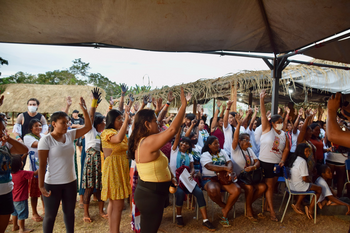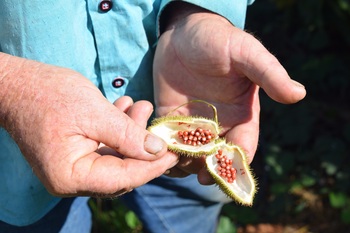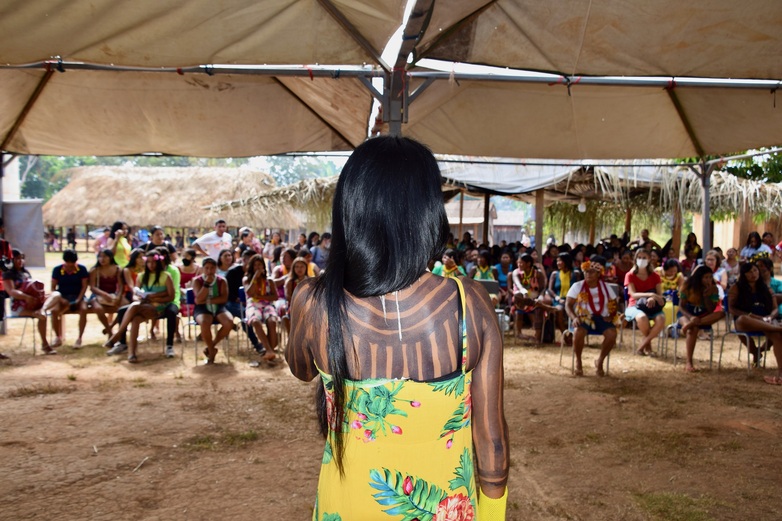Promoting forest conservation through results-based payments
REDD Early Movers (REM) Brazil
-
Commissioning Party
German Federal Ministry for Economic Cooperation and Development (BMZ)
-
Country
-
Lead executing agency
More
-
Overall term
2021 to 2023
-
Products and expertise
Climate, environment, management of natural resources

Context
The Brazilian states of Mato Grosso (MT) and Acre (AC) have been making progress in protecting forests and reducing CO2 emissions. Therefore, they were selected by the German Federal Ministry for Economic Cooperation and Development (BMZ) to participate in the REDD Early Movers (REM) programme. The programme supports pioneers in forest protection through payments based on verified emission reductions in accordance with the United Nations’ Reducing Emissions from Deforestation and Forest Degradation (REDD+) approach.
Objective
MT and AC are successfully implementing selected objectives of their federal strategies for environmentally friendly land use and forest protection.

Approach
In MT and AC, the project supports the technical implementation of the REM programmes and compliance with the safeguard criteria, that is, the environmental and social standards for REDD+ funds. Focuses include optimising risk management and the monitoring systems of the safeguard criteria.
The project also promotes the participation of indigenous and local communities in decision-making and the fair distribution of funds. Experiences from AC and MT are shared with other states in the Amazon region to enable them to mobilise REDD+ financing.
The project also supports the partners through local staff. The aim is to better integrate indigenous peoples, traditional communities and agricultural family businesses into the structures of the REM programmes. In MT, the project is cooperating with the state secretariat for the environment, the state secretariat for family farming, the state committee for traditional populations and communities and the indigenous association.
In AC, the project is working with the state secretariat for planning (SEPLAN), the institute for climate change and the state commission for validation and monitoring to strengthen participatory governance structures and the safeguard criteria.

Last update: May 2023





